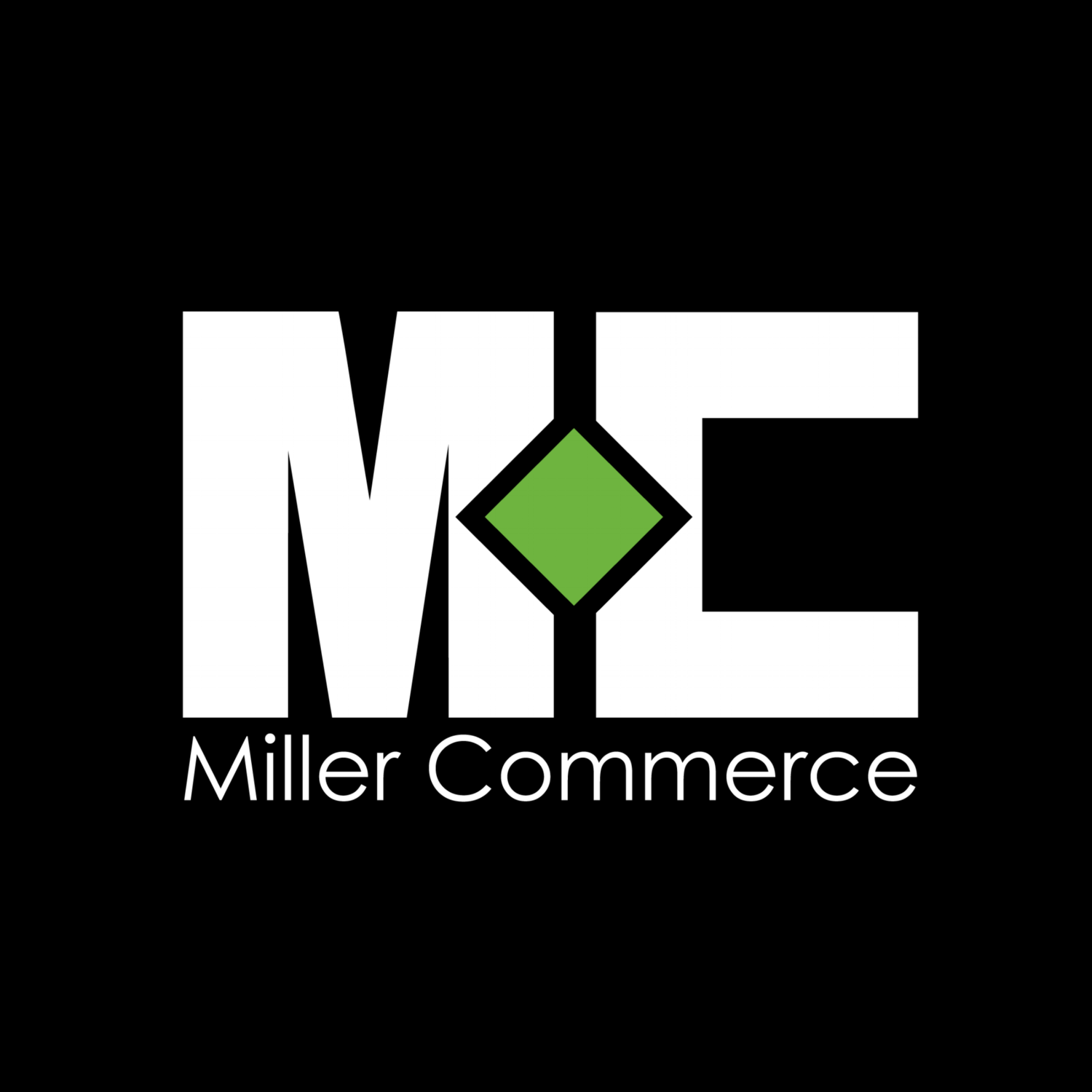Brian Brown, Contributing Writer
Monday, February 04, 2013 8:32 AM
More than five years of planning and roughly $11.5 million has transformed the former Willow Brook Foods’ poultry processing facility into a resource for business startups and small firms looking for some help to reach their higher potentials.
In March, Missouri State University plans to unveil the Robert W. Plaster Center for Free Enterprise and Business Development as a key piece of IDEA Commons, an initiative to bring together innovation, design, entrepreneurship and the arts across 88 center city acres.
In all, the IDEA Commons urban park is expected to take at least 20 years and $100 million in public and private investments.
Allen Kunkel, MSU associate vice president for economic development and director of the Jordan Valley Innovation Center, said IDEA comprises three facilities focused on forwarding innovation in support of local business development: Brick City, home to university art and design classes and the future University of Missouri-Kansas City School of Pharmacy at MSU; JVIC, the research and development arm of the IDEA initiative; and the Plaster Center, where MSU’s business incubator and support service groups will work alongside the university’s printing and postal department and the cooperative engineering program between MSU and Missouri University of Science and Technology.
The eFactory
The bulk of the 120,000-square-foot Plaster Center is dedicated to The eFactory, a business incubator collaborative between MSU and Springfield Innovation Inc. – the business resource division of JVIC. Springfield Innovation will manage the shared resources available to startups and small firms.
“The ideal candidates are startups or entrepreneurs who are still in the early stages of forming their company – someone who may be working out of their home or another location who may need more visibility or credibility – and need the services we can provide,” Kunkel said.
Brian Kincaid, The eFactory’s business incubator coordinator, said the concept is to serve as a one-stop shop for small and developing businesses seeking the space or educational resources needed to grow.
“We would typically like to see a business come in and go from idea to job creation to moving out into the community in three to five years, but there are no hard and fast rules,” Kincaid said, noting the university’s goal is to create 850 jobs in its first five years of the incubator’s operation.
Six companies have signed letters of intent to lease 10 of the 28 spaces available at The eFactory, he said. Declining to name the companies without lease agreements in place, Kincaid described them as centered on technology, Internet and software. In all, the offices available to small businesses range in size from 150 square feet to roughly 2,000 square feet.
He said lease terms for tenants would be flexible and designed to meet client needs, with opportunities for businesses to upgrade to larger office spaces as they grow.
Rayanna Anderson, director of MSU’s Small Business & Technology Development Center, said her small-business counseling and training staff would be a key resource for businesses at the Plaster Center.
SBDTC training largely focuses on financing and marketing topics. Anderson said training for executive-level certification programs, such as those for Certified Financial Planners and Certified Public Managers, would be housed at the Plaster Center through MSU’s Management Development Institute, which she also manages.
Other partners such as Score, a business-mentoring group of retired professionals, will operate in the building, and Kunkel said with so many entrepreneurially minded individuals, there could be opportunities for collaborative projects.
Pharm D. and beyond
On Jan. 16, MSU’s Board of Governors approved a sublease for nearly $250,000 per year of the 15,000-square-foot fourth floor at Brick City, Bldg. I, to the UMKC for its doctoral pharmacy program. MSU Vice President for Administrative and Information Services Ken McClure said MSU art and design students and faculty would begin to occupy the first three floors in July. UMKC, McClure said, would move into the fourth floor the following January, with classes expected to begin by fall semester 2014.
Kunkel said at least $60 million in public and private investment has been devoted to date to the JVIC facility and equipment inside the labs on Boonville Avenue – housing such tenants as Brewer Science and Crosslink – bringing investments at JVIC and the Plaster Center to more than $70 million.
McClure said rents on Brick City Bldgs. III and IV represent an investment of nearly $1.5 million, with another $600,000 in lease payments scheduled to begin on Bldg. I in July.
MSU has occupied Brick City Bldg. IV since 2008 and Bldg. III since 2011. The former Bldg. II is now green space, and the 5,000-square-foot Bldg. V is unoccupied.
Under the agreement with Matt Miller Co., owner of the Brick City buildings, MSU will have the option to buy the properties in the sixth year of the of the 10-year lease.
MSU Provost Frank Einhellig has been working since 2007 to bring the state’s only accredited Pharm. D program to town. UMKC also partners with the University of Missouri-Columbia to train students in Columbia. Einhellig said the prospect of finding funding to start MSU’s own doctoral program was once briefly considered, but amid recession-imposed budget constraints, administrators opted to form a collaborative agreement with UMKC.
He said UMKC will run the program at Brick City, and MSU will funnel students who are looking for careers as pharmacists. He said MSU has been aware of a need for more pharmacists in the region for years, and having a program in town should go a long way toward filling local demand, especially in rural areas.
“We are trying to act not just as a good educational institution, but as a good partner with the community,” Einhellig said, noting the IDEA concept promotes economic development through a variety of means to benefit Springfield and the region. “Pharmacy is one of those areas.”

